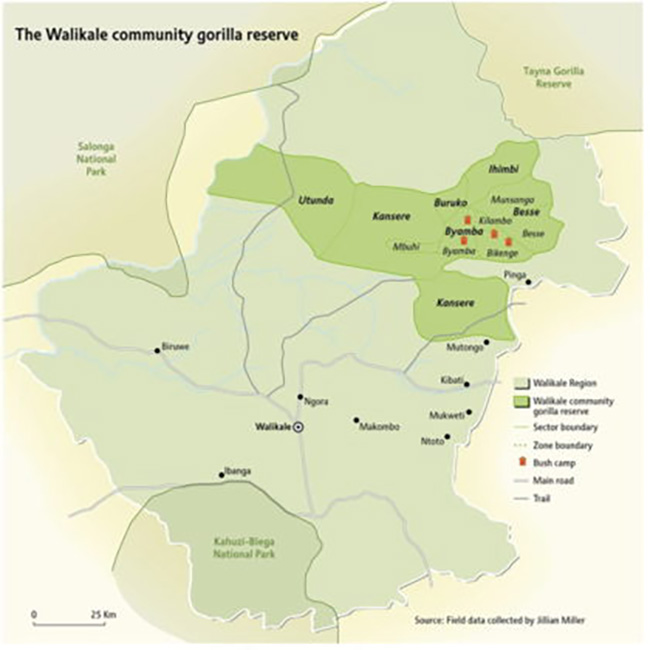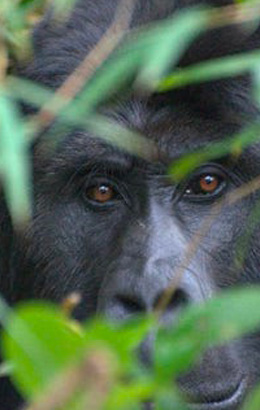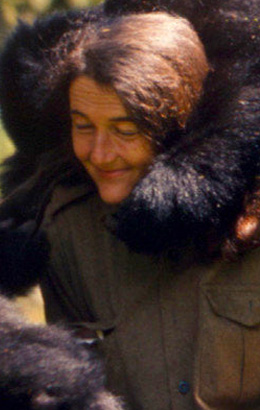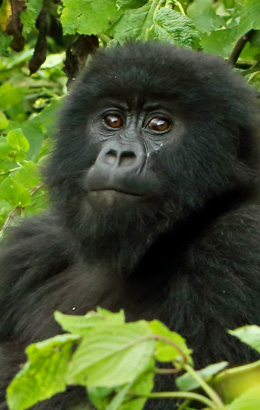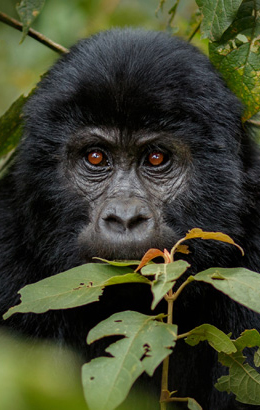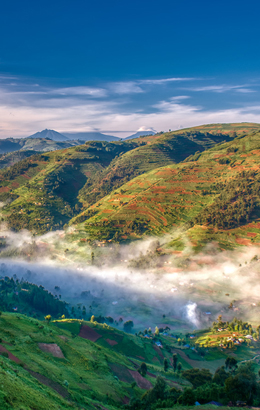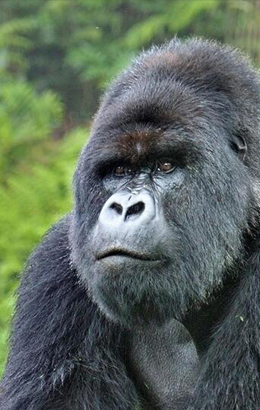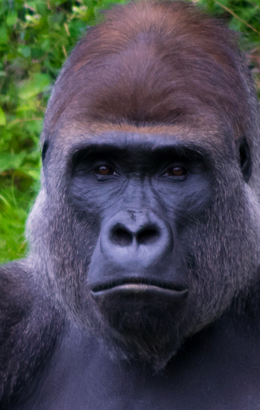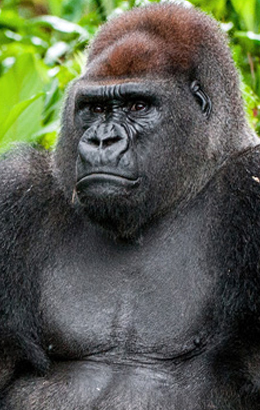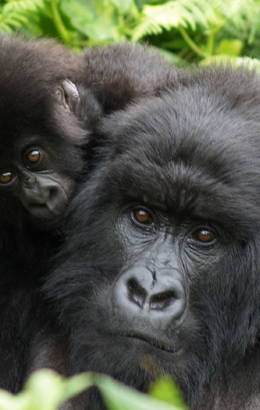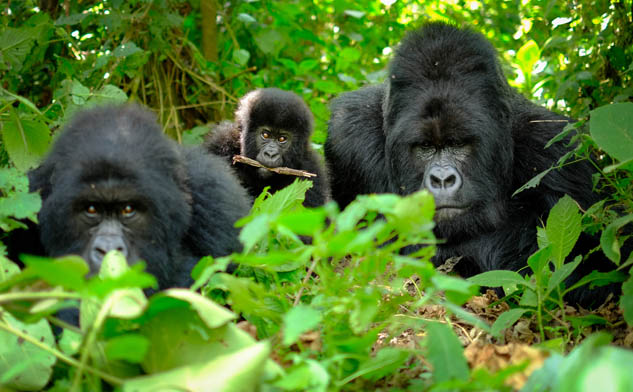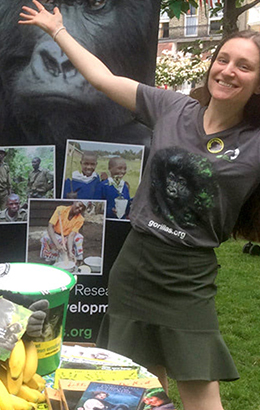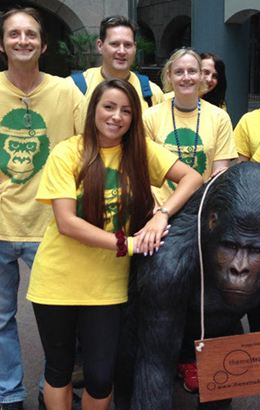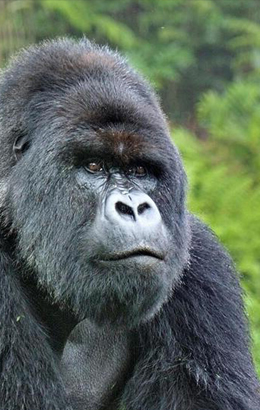Supporting Gorilla Rangers
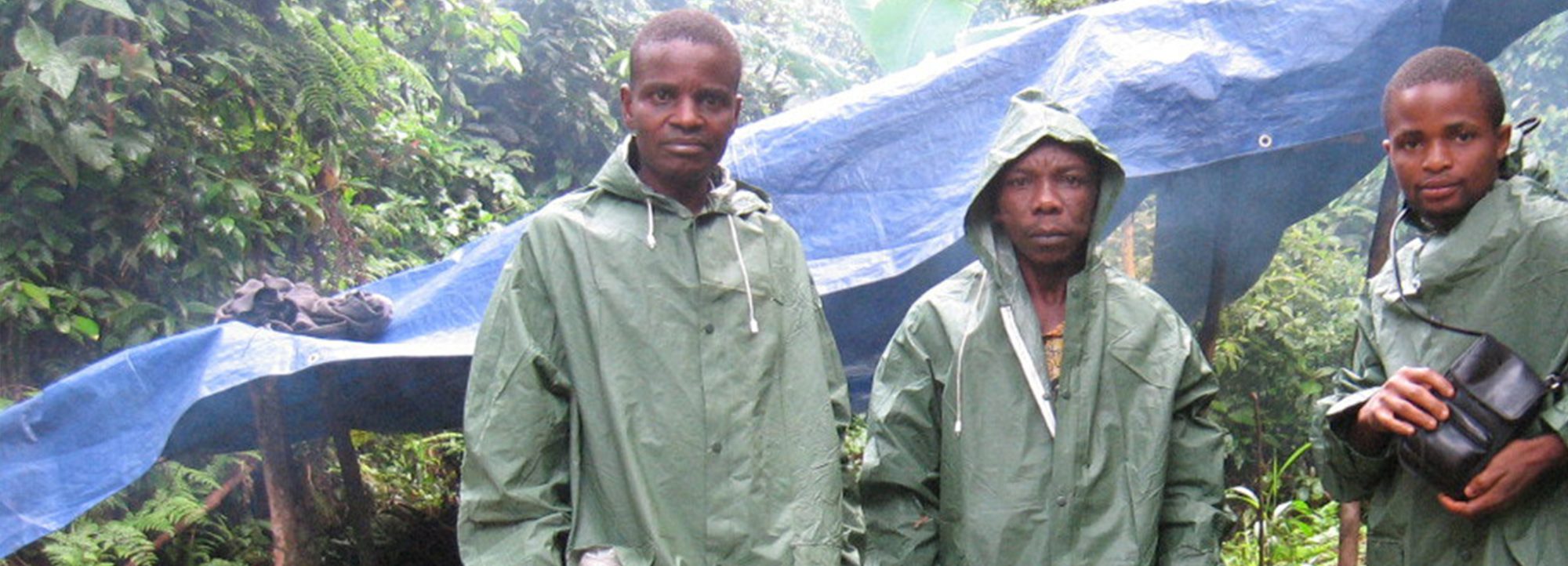
A lawless wilderness with no government rangers.
After years of civil war, much of the Democratic Republic of the Congo is a lawless wilderness with no government rangers. Our community rangers risk their own lives to save gorilla while also carrying out vital frontline research.
The last line of defence
Kasereka Kipako, 34, was a father of two. Mberabagabo, was 54 and had five children. They were killed by poachers while on patrol in the deep forest near Walikale, north Kivu, in the DRC.
Rangers are the last line of defence, protecting the gorillas and their habitat from the demands of the wider world, and they are the eyes, ears and voice of the forest. Every day they cut snares, save injured gorillas, combat the militias who run the ‘blood minerals’ trade, monitor the gorillas’ health and collect vital conservation data.
The Gorilla Organization works with the Congolese Wildlife Authorities to support the rangers working to protect the gorillas in Central and East Africa. They work in an environment that is hostile, unforgiving and often dangerous, yet they manage to build relationships with the gorillas that are intimate, lasting and which have undoubtedly saved gorillas’ lives.
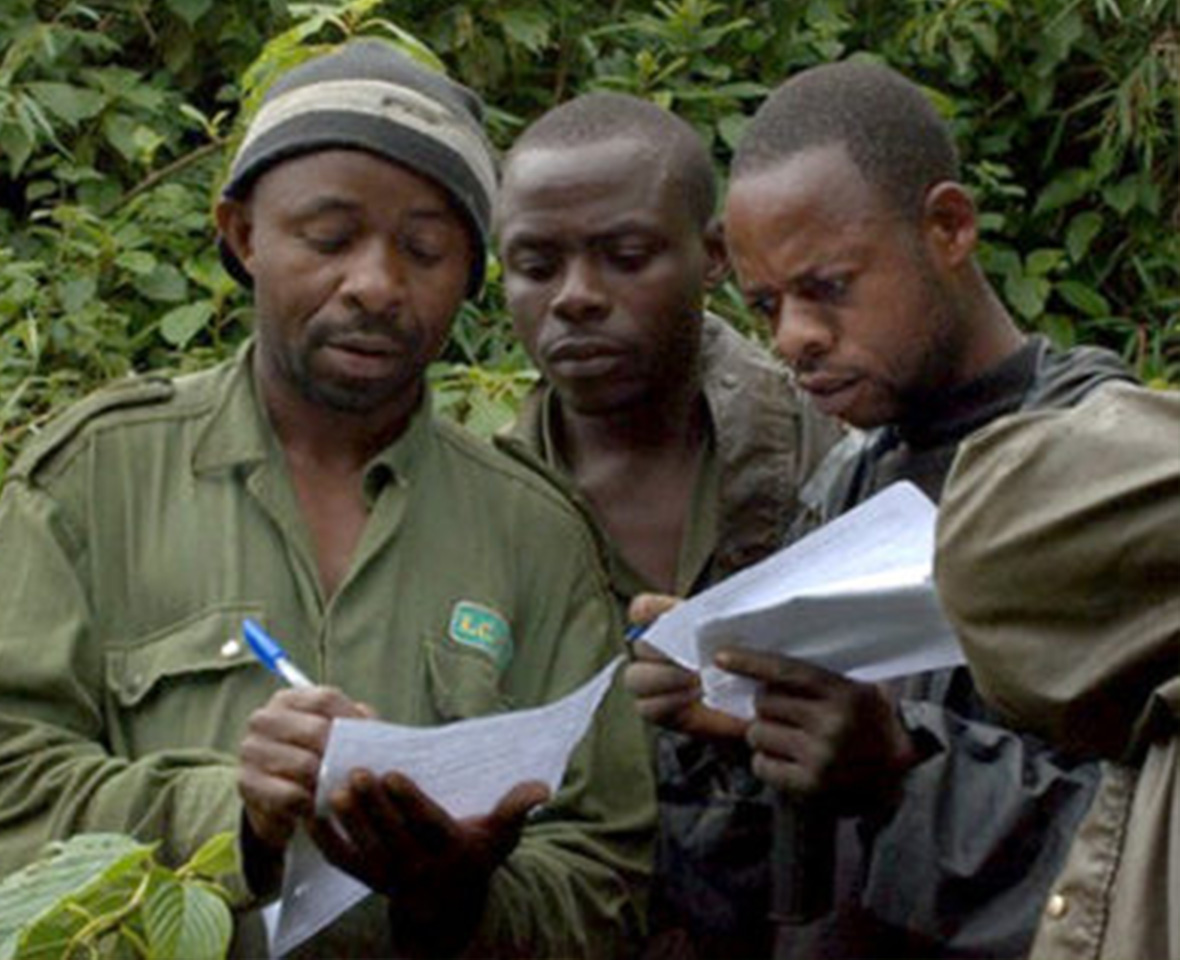
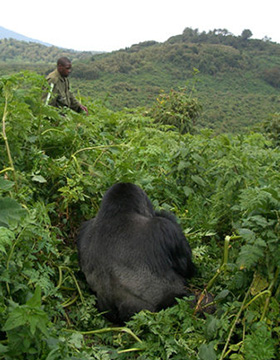
Project Overview
Walikale Community Reserve: At Walikale a team of 50 rangers carry out monthly monitoring patrols. The reserve faces significant anthropogenic (human-caused) challenges, including trapping and gold panning. These activities pose a tremendous threat to the fragile ecosystem.
Itombwe Nature Reserve: Itombwe forest is a sanctuary for Grauers (eastern lowland) gorillas, eastern chimpanzees, forest elephants, and many endemic species. Gorilla Organization supports patrols and monitoring within the reserve, with a special emphasis on gorillas. The reserve faces tremendous threats, including poaching, artisanal as well as large-scale commercial mining of minerals such as cassiterite, coltan, and gold, and deforestation.
Maïko National Park: One of eight national Parks in DRC, covering an area of around 10,830 square kilometres. The Gorilla Organization supports park management in surveillance, biomonitoring, and community-based conservation activities. We also engage in community awareness initiatives to promote local involvement in the sustainable conservation of the park’s rich biodiversity.
Rangers play a pivotal role by conducting patrols and monitoring flagship species, including gorillas and chimpanzees. They identify human activities such as illegal mining and poaching. One of the most significant threats is the illegal occupation of the park by armed groups, known as Simba rebels. Illicit mining and the encroachment of permanent agriculture further compound conservation challenges.
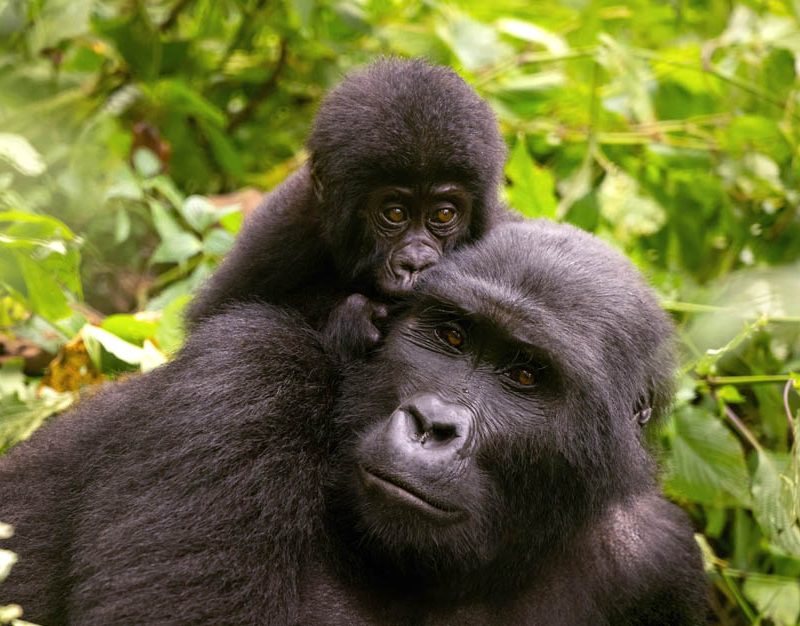
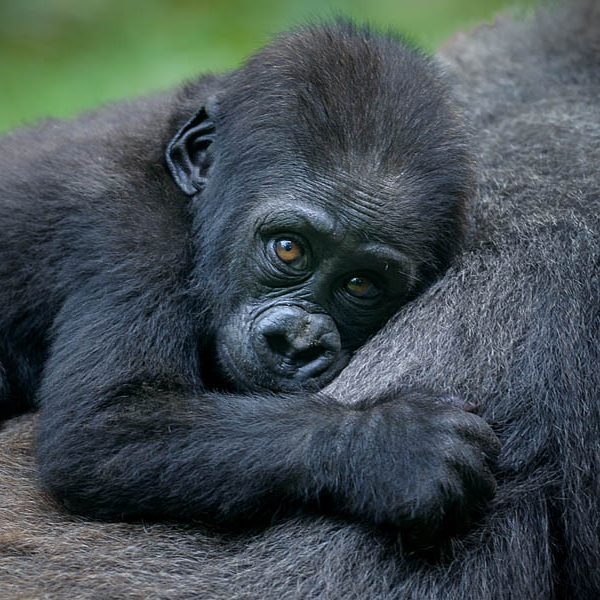
Our success so far
- 36 rangers are funded in Walikale, North Kivu, DRC, and have been operating since 2003
- More than 1,190 snares were cut in 2016 alone
- Rangers conducted the region’s first ever biodiversity census in 2016
- Nineteen families of gorillas were identified made up of 168 adults and 13 juveniles
- Five ranger posts have been built to enable extended operations in the deep forest
